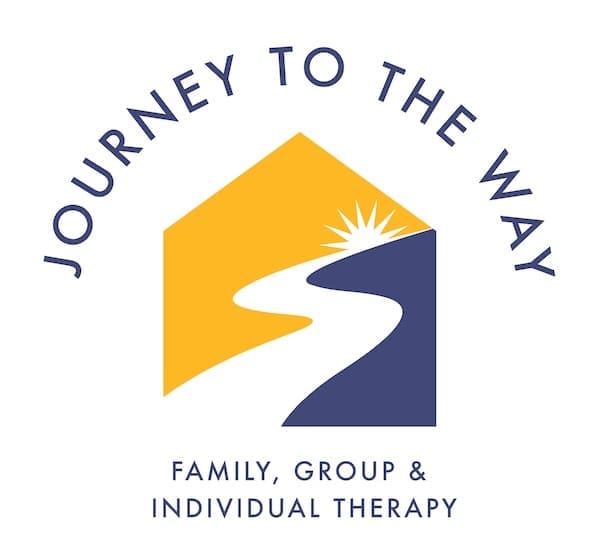Addiction and Negative Core Beliefs
From many years of research and 30 yrs of recovery experience, I am convinced that all addiction is the result of negative core beliefs which create the attitudes that usually lead to unhealthy patterns of behaviors, which ultimately affect ourselves and our relationships in negative ways.
So, consider that the word “codependency” is a word that was developed to help us understand the course the disease takes when an individual has developed unhealthy relationship connections. We will address the word codependency in a future blog post to add context to my beliefs about the word codependency and how it helps our understanding of the disease model and how to better understand the root and course the disease takes when the disease is active in an individual.
The Mystery and Nature of the Disease
They say that the disease of addiction is “cunning, baffling and powerful,” and that we often do not understand what leads to our acting out. In other words, the disease is a mystery that we are often told is incurable.
I would like to challenge this philosophy, and propose that the disease of addiction is the result of a person’s inability to find peace within themselves, and substance use or patterns of behavior are progressive due to the fact that we are often trying to mask our true thoughts and emotions or deny truth about them. We are often looking to escape our current mental and emotional realities.
This concept leads to thinking about what the disease really is. The question becomes: is the disease of addiction, trauma, and/or mental illnesses more of a result of an internal struggle?
Consider that all addiction is either the result of a history of trauma or it could be a combination of trauma and mental health struggles.
So, let’s take a look at what the disease really is.
Dis/ease of the Soul
It has been my experience, and through many years of observation and research of the disease, that the real issues of trauma, substance abuse, depression, anxiety, and many other mental health struggles have led me to believe that the disease is really a “dis/ease of the soul.”
So, when we say “dis/ease,” what we are really describing is negative core beliefs that present in our relationships.
So, consider that how we show up in our relationship with ourselves will find its way into every relationship in our lives.
A Broader View of Addiction
Therefore, addiction can be defined as the overuse of a prescription or the excessive use of illegal recreational drugs. However, substance abuse is not limited to only drugs or alcohol; addiction can also be defined as anything that causes a person to escape their current mental and/or emotional reality.
Through the process of repeated overuse of either prescribed mind-altering medications, illegal drugs, and alcohol—these all can be considered an addiction. But likewise, anything that numbs, stimulates, or changes a person’s mental and emotional condition without being able to control, reduce, or terminate those destructive behaviors would also be considered addiction.
So, consider that addiction is part of a process that becomes an unintended consequence to repeated behaviors that change a person’s natural mental and emotional condition to an altered state.
Gut Health and Mental Illness
One caveat to this philosophy of the dis/ease when considering how mental illnesses present is that, when we say a person has a mental illness, what we are really describing—from my experience and research—is more about gut health and lifestyle of the individual than it is about the “chemistry” of the brain.
Just consider that healthy brain chemistry is the result of healthy lifestyle and healthy nutrition. For more information about brain health and proper nutrition, I refer you to look at the works of Dr. Ken Berry, MD—most of his work is found on YouTube—Dr. Georgia Ede, MD, author of Change Your Diet, Change Your Mind, and Dr. Bryan Ardis, author of Moving Past the Covid-19 Lies.
A Pathway to Peace
In summary, I want to encourage everyone by saying the dis/ease of our lives is curable and healable. I have found some very simple strategies that have helped myself and many others find the pathway to peace by addressing all the areas of life that affect how we show up in our relationships.
First, in the relationship with ourselves, and then how our relationship with ourselves affects all the relationships in our lives.
As we continue unpacking more about the dis/ease and the many different elements of the disease, this blog will be for helping people find support and solutions to the mystery that often surrounds the disease of trauma, addiction, and our mental health issues.
Final Thoughts
I end this blog post with two quotes from one of my all-time favorite authors and a beautiful example of the power we have to heal from our wounds and find peace. Maya Angelou said:
“There is no greater tragedy in life than an untold story.”
“When we know better, we do better.”


